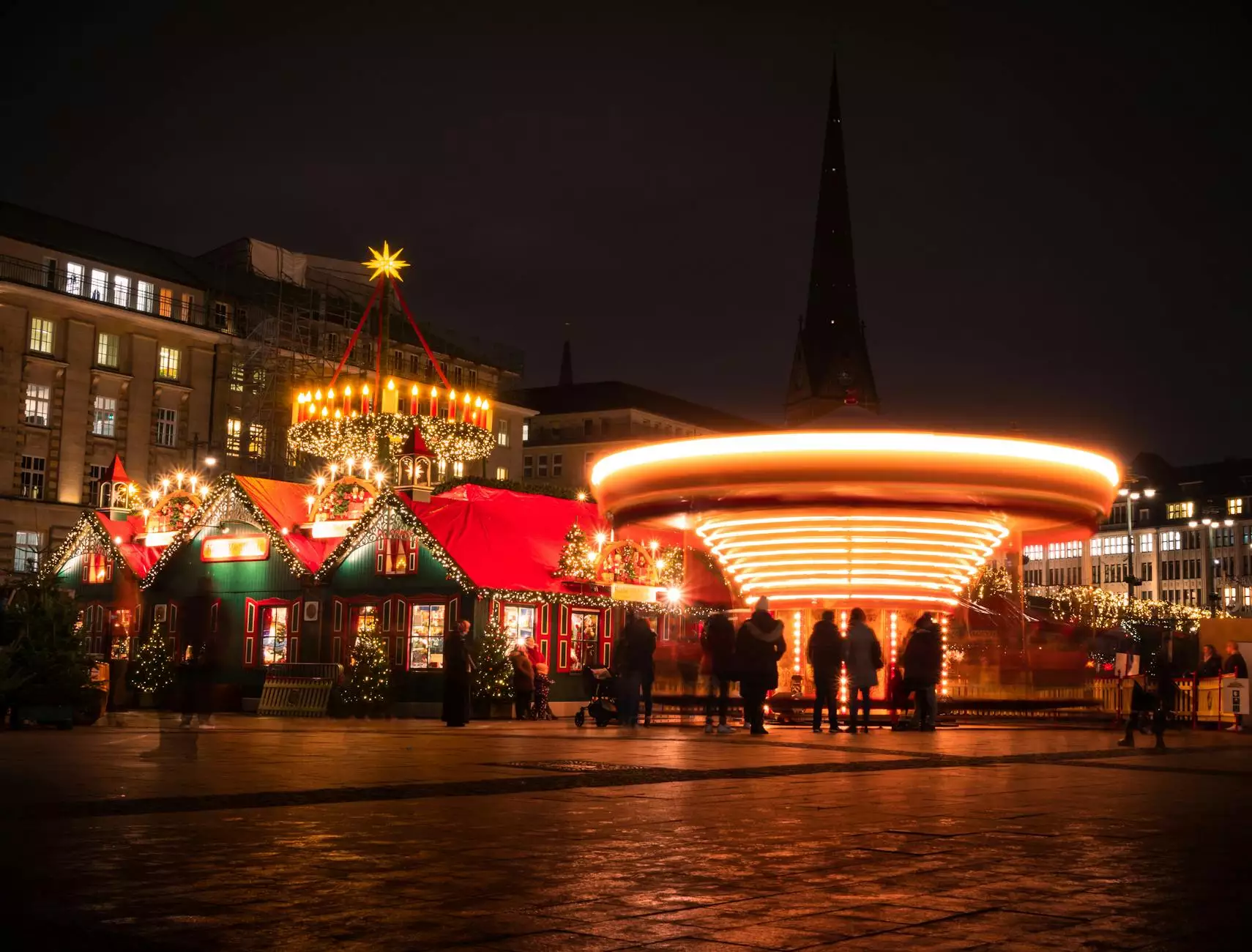Exploring **Black Churches in New York**: A Cultural and Spiritual Hub

The landscape of New York City is as diverse and vibrant as its people, and among its rich tapestry of cultures, the black churches in New York stand out as pivotal institutions. These churches have not only served as places of worship but have also been essential in fostering community, social justice, and cultural identity.
The Historical Significance of Black Churches
Black churches have a profound history that dates back to the 18th century. They emerged during a period of oppression and segregation, providing a refuge for African American communities. The earliest black-led congregations, such as the African Methodist Episcopal (AME) Church, played a significant role in advocating for social reforms.
- The Establishment of Community: When African Americans were marginalized, the church became a sanctuary where they could gather, worship freely, and support one another.
- Advocacy for Social Justice: These churches were at the forefront of movements advocating for civil rights, with leaders like Martin Luther King Jr. often finding support from these sacred spaces.
- Cultural Preservation: Black churches have actively contributed to preserving African American history, traditions, and the arts.
Architectural Marvels and Cultural Centers
Many black churches in New York are not only places of worship but also architectural marvels and cultural centers. They often reflect the community's history and aspirations through their design and art.
Notable Black Churches in New York
Some prominent black churches in New York that embody this spirit include:
- The Abyssinian Baptist Church: Located in Harlem, this church is a historical landmark known for its beautiful architecture and dynamic services.
- The Metropolitan Baptist Church: Another cornerstone of the Harlem community, renowned for its vibrant music and social justice programs.
- The Concord Baptist Church of Christ: This church has a rich history and plays a vital role in the Brooklyn community with its comprehensive outreach programs.
The Role of Black Churches in Community Service
Beyond their spiritual commitments, black churches in New York engage extensively in community service. They serve as hubs for outreach programs aimed at addressing the needs of their congregants and the broader community.
Key Community Services Offered
Some of the impactful services provided by these churches include:
- Food Pantries: Many churches operate food pantries that serve hundreds of families each month, alleviating food insecurity.
- Educational Programs: They often run tutoring sessions, educational workshops, and even scholarship programs for youth.
- Health Initiatives: Health fairs, wellness programs, and advocacy for public health enhance the well-being of the community.
- Mentorship Programs: These churches often provide mentorship for young people, guiding them in both spiritual and practical matters.
Faith and Cultural Expression
One of the most vibrant aspects of black churches is their emphasis on cultural expression through music and worship. Gospel music, for instance, has deep roots in the traditions of African American churches and continues to be a powerful form of expression.
The Impact of Music in Worship
Gospel choirs are a hallmark of worship in black churches, and their performances are characterized by:
- Uplifting melodies and rhythms: These elements encourage full participation from congregants and create an inclusive worship atmosphere.
- Expression of Faith: The passion and emotion conveyed through gospel music allow for a deeper spiritual connection.
Embracing Technology in Worship
In recent times, the integration of technology in black churches has transformed the way services are conducted and how communities connect.
- Live Streaming Services: Many churches have adopted live streaming to reach wider audiences, especially in the wake of global events that limit physical gatherings.
- Online Giving: The shift to online donation platforms has made it easier for congregants to contribute to church funds, enhancing operational stability.
- Social Media Outreach: Churches utilize platforms like Facebook and Instagram to promote events, share messages of hope, and connect with younger audiences.
Building Future Leaders
Black churches play a critical role in nurturing the next generation of leaders within the community. Through mentorship and leadership programs, they equip young people with the skills and confidence necessary to take on leadership roles in politics, social services, and beyond.
- Leadership Workshops: These workshops focus on developing public speaking, advocacy, and community organizing skills.
- Internship Opportunities: Partnerships with local organizations provide young church members with valuable work experience.
Challenges Faced by Black Churches
Despite their significant contributions, black churches face numerous challenges that threaten their sustainability. Understanding these challenges is essential in supporting these institutions.
- Declining Membership: Many churches report dwindling attendance, mirroring a national trend in religious participation.
- Financial Struggles: Economic hardships have made it challenging for these churches to maintain their facilities and programs.
- Adapting to Change: Churches must navigate cultural shifts and find ways to remain relevant to younger generations.
Conclusion: The Vital Role of Black Churches in New York
The black churches in New York are more than just places of worship; they are foundational pillars of the community. They provide spiritual guidance, social support, and a sense of belonging for countless individuals. As we continue to recognize and appreciate the historical and cultural importance of these institutions, it is crucial to support their growth and adaptability in an ever-changing world.
Whether through attending services, participating in community events, or simply acknowledging their impact, we can each play a role in preserving these vital cultural institutions. The future of black churches in New York is bright, fueled by the passion and commitment of those who call them home.









